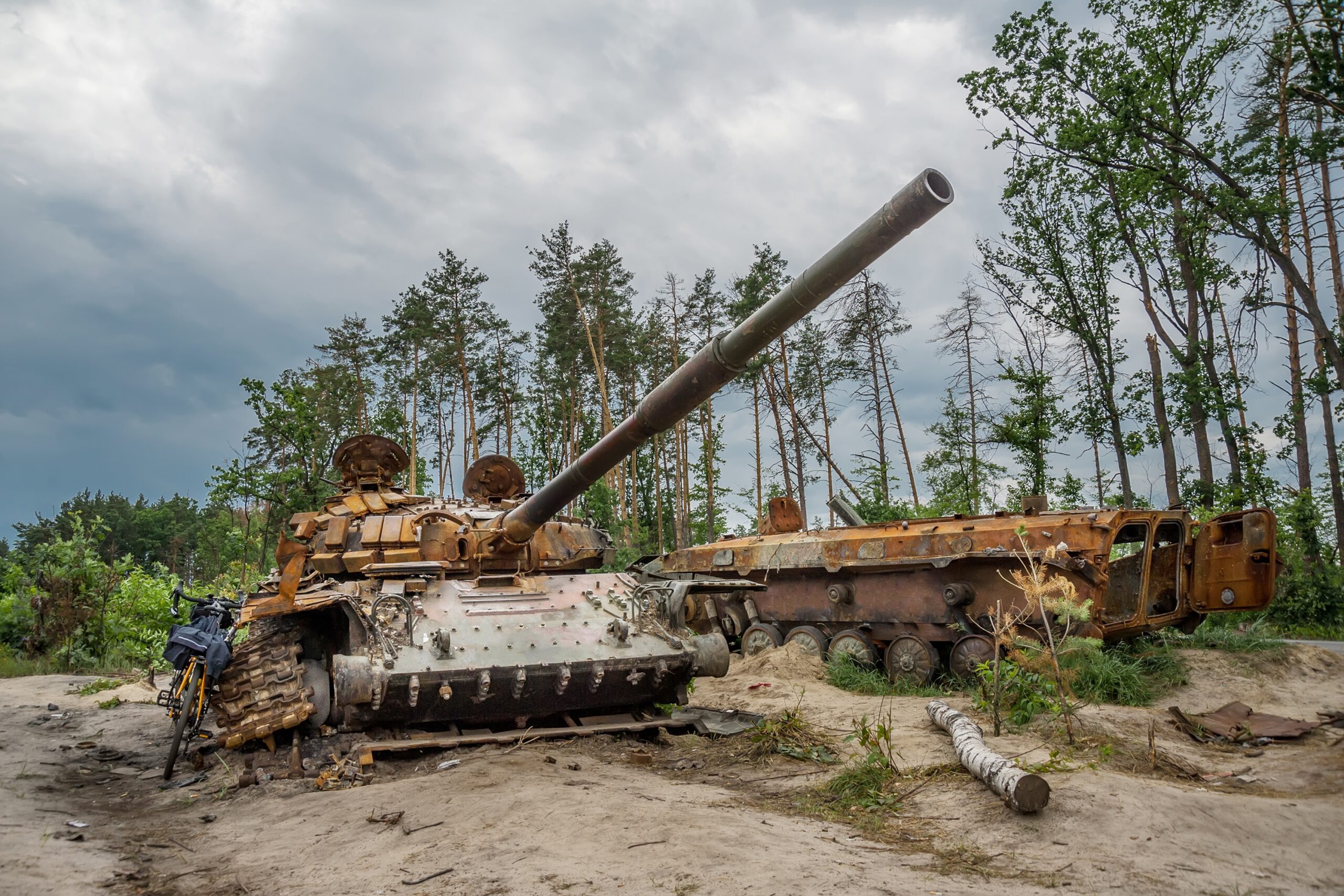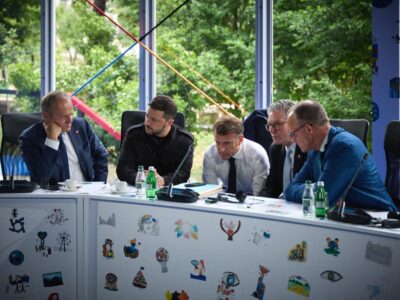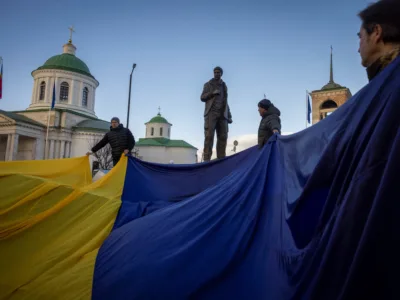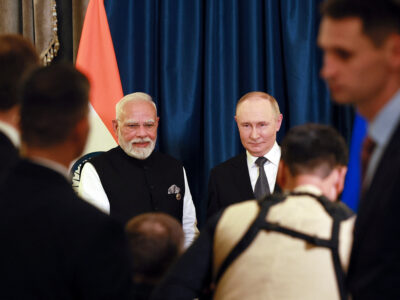Ukraine Needs Solutions, Not Endless War
Co-authored by Jonathan Stevenson
Ukrainian forces’ impressive military performance has reinforced the view that an outright victory against Russia is possible. But an unqualified Ukrainian win that dislodges the Russian forces from eastern Ukraine is increasingly improbable. Grinding attrition that makes dangerous escalation a tantalizing option for both countries is more likely. Accordingly, a ceasefire and separation of forces should be a priority for the United States and its allies. The United States has the tools and experience to make it happen.
At this stage, there is a rough consensus that the war will likely end through a negotiated settlement. This settlement will be a variation of the Minsk II agreement signed in 2015 following Russia’s infiltration of the Donbass region and annexation of Crimea, which firmed up tenuous ceasefires and established partial demilitarization, external monitoring, and political reform. The Russian invasion of Ukraine followed the collapse of Minsk II, of course, but this was less a result of the structure of the agreement than of both sides hardening their positions and believing that there were better options for achieving their goals. The costs of the current conflict will force a recalibration that makes the Minsk disposition more appealing.
Neither side can fulfill its maximal war aims: Russia cannot conquer all of Ukraine and Ukraine cannot comprehensively eject Russian forces. Each side also needs minimal assurances. Ukraine needs guarantees that Russia won’t keep trying to wipe it from the map while Russia won’t permit NATO to deploy along its border. These are not unreasonable requirements. Ukraine is an internationally recognized sovereign country. Notwithstanding the disingenuously false pretexts Russian president Vladimir Putin has offered, it is Ukraine’s tilt towards the West that has driven his war, which implicates genuine Russian interests. Both countries require security guarantees.
There is also a widespread assumption that because the opposing leaders (especially Putin) are disinclined to negotiate, talks will emerge only from the war of attrition now underway when both combatants are exhausted. This view does not offer a stable interim solution to a profound geopolitical feud. Both sides have serious concerns that could lead to a sharp and swift escalation.
Read the full article in The National Interest.




